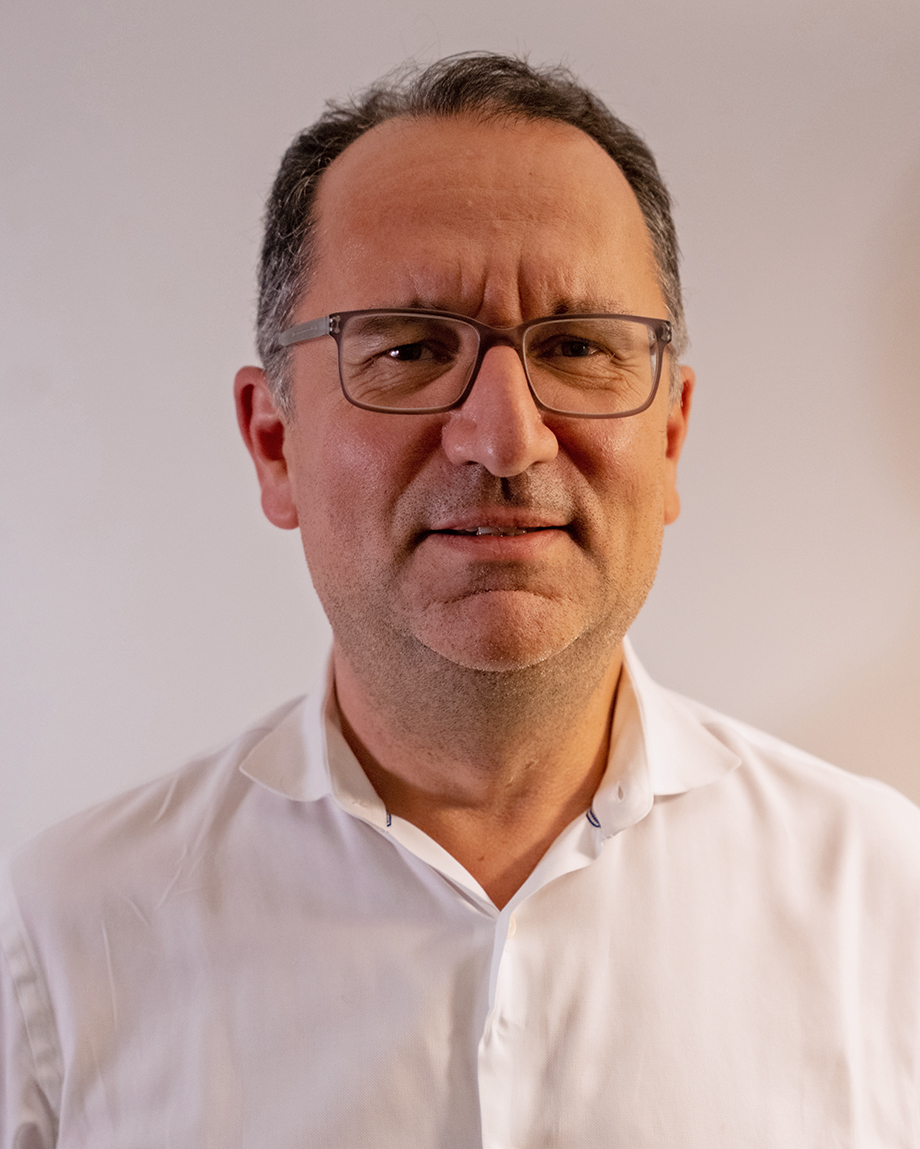Cancer & Body Imaging
Researchers led by Dr. Bachir Taouli at the BioMedical Engineering and Imaging Institute (BMEII) use state of the art methodology and equipment for the diagnosis and prognostication of cancers and diseases of the liver, kidney, and the bowel. Their primary focus is to develop noninvasive imaging techniques for screening, diagnosis, characterization, and response in patients with cancer and other diseases. The team’s publications can be found here.

Leadership
Bachir Taouli, MD, MHA
Bachir Taouli, MD, MHA, is a Professor of Radiology and Medicine. He is the Director of Body MRI & Cancer Imaging, Co-Director of Abdominal Imaging, and Vice-chair of Translational Research in the Department of Diagnostic, Molecular and Interventional Radiology at the BioMedical and Engineering Imaging Institute (BMEII). His research is focused on the application of advanced MRI sequences to diffuse liver disease/liver cancer and abdominal and pelvic malignancies, including prostate cancer.


Sara Lewis, MD
Sara Lewis, MD, is an Associate Professor in the Department of Diagnostic, Molecular and Interventional Radiology. Her work is focused on conducting imaging research centered on the use of advanced MRI methods in characterizing hepatobiliary neoplasms, solid organ transplant dysfunction, prostate cancer and evaluation of tumor response to therapy.
Octavia Bane, PhD
Octavia Bane, PhD, is an Assistant Professor of Radiology at the Icahn School of Medicine at Mount Sinai. She has been a member of the Biomedical Engineering and Molecular Imaging Institute (BMEII) since 2013, when she joined the Body/Cancer MRI lab as a Post-Doctoral Fellow. Her interests lie in the application of MRI and radiomics in characterization of liver and kidney disease.

Liver
Advancing non-invasive techniques to detect, characterize, and personalize treatment for liver diseases
Click for more information
MRI is a versatile technique, with no radiation exposure, and the possibility of performing multiparametric imaging. Our lab applies MRI techniques to the detection and personalized intervention in liver diseases, including chronic liver disease, and liver cancer (hepatocellular carcinoma, HCC). Our researchers leverage MRI to develop non-invasive methods of disease detection, tumor characterization, prediction of disease progression and treatment response, and personalized therapies for patients with liver disease.
Inflammatory Bowel Disease
Developing accurate MRI techniques to better diagnose and characterize inflammatory bowel diseases
Click for more information
MRI of the bowel plays a crucial role for the assessment of patients with Crohn’s disease in the small bowel. Multiparametric MR Enterography, including diffusion and perfusion-weighted MRI and dynamic MRI for the assessment of inflammation, may potentially allow for a more complete assessment of active disease.
Kidney
Developing non-invasive methods to predict patient outcomes
Click for more information
Chronic kidney disease (CKD) and the development of renal neoplasms, such as renal cell carcinoma (RCC), pose major impacts to kidney function and patient outcomes. Current techniques to assess kidney health, including biopsy, are invasive. Dr. Octavia Bane and Dr. Sara Lewis’ research group is testing advanced non-invasive MRI techniques as an alternative for the assessment of renal function, assessment of neoplasms, and prediction of patient outcomes.
Prostate
Leveraging the power of MRI to detect and monitor prostate cancer progression
Click for more information
Prostate cancer (PCa) is the most common non-cutaneous malignancy occurring in men, with an urgent clinical need to identify men who would benefit from aggressive management versus those who could be managed with less invasive approaches. MRI has revolutionized the diagnostic and risk stratification pathway for individuals with PCa. Our group is actively involved in a wide variety of projects examining advanced imaging acquisition and quantitative analysis methods for non-invasive tumor detection, characterization, and longitudinal disease monitoring.
Radiomics/AI
Using computational pattern recognition and machine learning to precisely characterize disease
Click for more information
Radiomics emerged as a quantitative tool for finding meaningful patterns in large numbers of images. Our team is investigating its applications to clinical imaging for the characterization of complex masses and predictive factors.
Response Evaluation Criteria in
Solid Tumors (RECIST)
Providing the most cutting edge techniques to track and adjust cancer treatment
Click for more information
RECIST is a method developed for objective assessment of the way a cancer patient’s body responds to various treatments. This is a standard method employed in cancer studies to track tumor progression across time. The Imaging Core provides these services to clinical researchers to monitor their patients on therapies. To learn more, click here.
Faculty - Artificial Intelligence (AI) and Translation to Medicine
Faculty - Biomedical Engineering and Regenerative Medicine
The BioMedical Engineering and Imaging Institute (BMEII) at the Icahn School of Medicine at Mount Sinai (ISMMS), in partnership with Rensselaer Polytechnic Institute, is seeking mid to senior-level faculty members to spearhead a novel research initiative in the engineering of reparative and regenerative Medicine.
Faculty - Neuroengineering
Biomedical Software Developer
The BioMedical Engineering and Imaging Institute at the Icahn School of Medicine at Mount Sinai is seeking a Biomedical Software Developer.
News
[VIDEO] Aspen Ideas Festival: Dr. Fuchs and Dr. Fayad on Powering Medicine with Technology and Data Science
Zahi A. Fayad, PhD, Director of Biomedical Engineering and Imaging Institute sits down with Thomas Fuchs, DrSc, Dean of Artificial Intelligence and Human Health to discuss powering medicine with technology and data science. Click the image to watch the video.
[VIDEO] Dr. Zahi Fayad: Powering Medicine with Technology and Data Science
BMEII Director Zahi Fayad discusses the role of data science in medicine at the 2022 Aspen Ideas Festival. Click the image to watch the video.
Latest Publications
Artificial intelligence–enabled rapid diagnosis of patients with COVID-19
Xueyan Mei, Hao-Chih Lee, […] Yang Yang
Nat Med (2020).
Probing myeloid cell dynamics in ischaemic heart disease by nanotracer hot-spot imaging
Max L. Senders, Anu E. Meerwaldt, ... Willem J. M. Mulder
Nat. Nanotechnol. 15, 398–405 (2020).